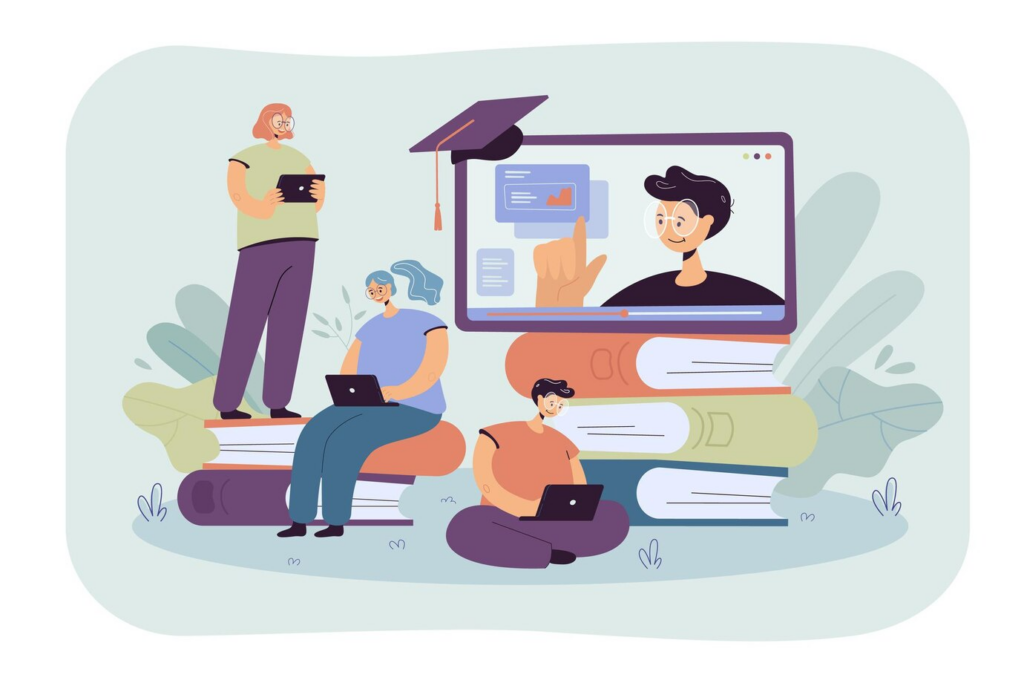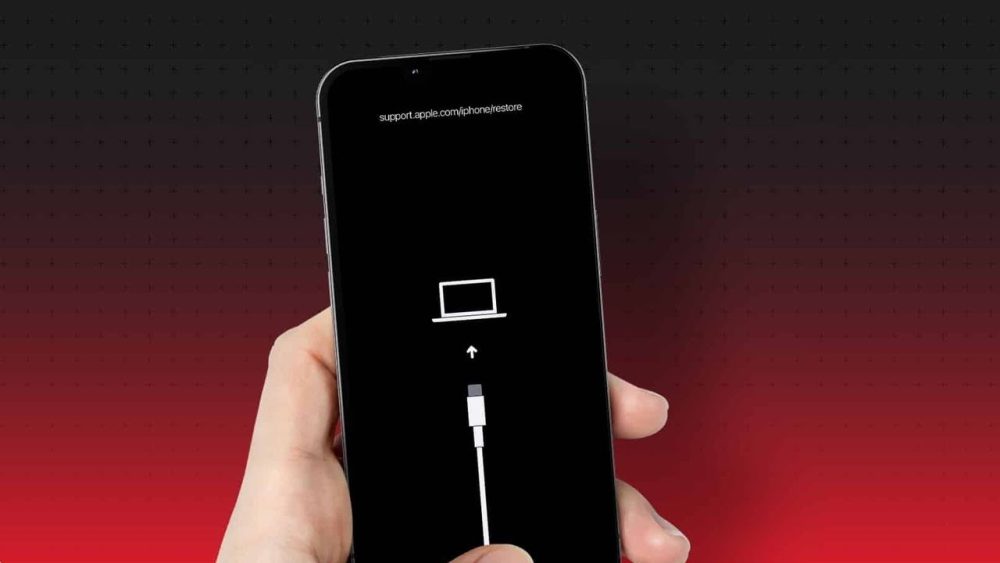It is a thrilling experience to learn a new language, especially when it is presented in gaming form. Modern-day applications are turning the process into an interesting and fun one. Just imagine playing your favorite game and at the same time learning new phrases or words without any effort. Dive into the world of language learning apps where education meets entertainment, and don’t forget to check out the MelBet download for more exciting moments.
How Language Learning Apps Have Evolved
The evolution of language learning applications has been superb. These applications have changed how languages are studied, from simple flashcards to interactive gamified experiences that make learning fun. Here’s a quick look at the evolution:
- Early flashcards: Basic and straightforward, helping with vocabulary.
- Interactive exercises: Engaging tasks for grammar and usage.
- Speech recognition: Real-time pronunciation feedback.
- Gamified learning: Turning lessons into games for better engagement.
Each phase had its own unique advantages that made worldwide communication more accessible and pleasant for millions of people
Gamification in Language Acquisition
This gamification has turned language teaching into a game. Here are some notable aspects of involving gaming techniques in the process of learning foreign speech:
- Points and rewards: Collect points as you finish off lessons as well as exercises.
- Challenges and quests: Play challenges that encourage competitiveness during learning sessions.
- Leaderboards: A social aspect when learners see how they fare against each other in class rankings.
- Badges and achievements: Motivate yourself by earning badges whenever you attain certain milestones.
These elements make an interactive environment where learners are encouraged to keep up their interest throughout the course.
Top Apps in the Market
Many applications in the market combine gaming with language learning very well. These apps make learning seem more like playing. They use different game mechanics to ensure that the users are always at it and moving forward. Here, we are going to look at two of them.
Duolingo’s Approach
Duolingo has totally changed how people learn languages as it is an interesting form of a game. It offers lessons that are short and fun, utilizing features like streaks and rewards to keep learners motivated. Every lesson appears like a small video game, so this process becomes enjoyable rather than scary.
The app uses a combination of translation exercises, listening tasks, and speaking challenges. Such an approach makes sure that students gain various skills necessary for communication. Moreover, Duo, Duolingo’s mascot, adds some friendly presence while urging users to continue moving towards their goals. It’s no wonder that Duolingo has become a favourite among language enthusiasts.
Babbel’s Interactive Challenges
Babbel is more structured while still including interactive aspects for better learning. The application focuses on speaking skills necessary for everyday life through dialogues similar to real-life situations. This method enables learners to apply what they have learnt in normal environments, making the classes highly relatable and practical.
Babbel also consists of a number of exercises ranging from word matchings to sentence completions. These activities help solidify memory and understanding. What sets Babbel apart is its concern with cultural context, thus revealing how language can be used differently across cultures. In addition to teaching us the language, this holistic approach imparts on us information about other cultures which truly enriches the experience.
User Experience and Learning Outcomes
Language learning apps that use game mechanics are such a great experience. The apps make the learning process more exciting and less boring, like an adventure. Often, learners report being more engaged and motivated to learn in this manner. In this way, the learners always feel motivated to continue with their studies because of the constant urge to complete a bigger part of what they have started.
These apps are quite successful in terms of learning outcomes. Users commonly experience improvements in vocabulary and conversational skills. With visual, auditory, and kinaesthetic components blended together, the app caters for different types of learners, resulting in a rich learning atmosphere. Also, immediate feedback provided by these applications and adaptive paths ensures better understanding.

Future Directions in EdTech
The future of EdTech is indeed going to be very interesting! As technology continues to develop, we will see more advanced and personalised forms of education taking place through online platforms. Here are some trends to watch:
- Artificial Intelligence: Customised Learning Paths and Instant Feedback from AI.
- Virtual Reality: Real-Life Conversations Practised through Immersive Environments.
- Augmented Reality: Virtual-Real Lessons’ Hybridity.
Such innovative approaches will make language acquisition easily accessible while transforming traditional education methods into motivation for deeper engagement with students.
Final Words
Language acquisition through gaming has revolutionized how we learn languages today. It’s Fun and Interactive by Design – That’s How Language Apps Should Be! Better tools will still come up as technology advances further. Begin your language journey now; let’s see where it takes you!




